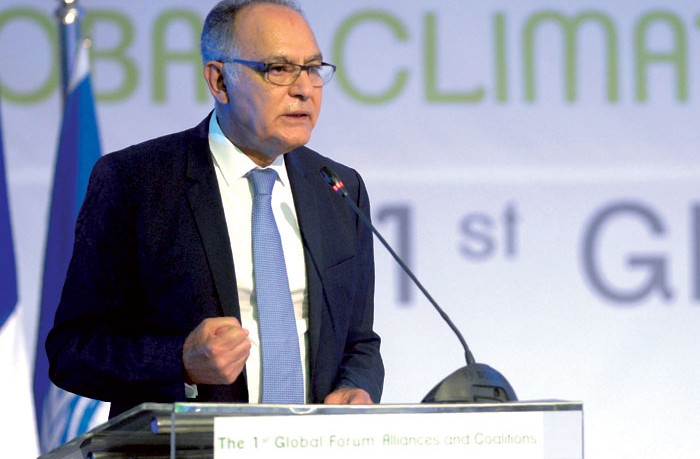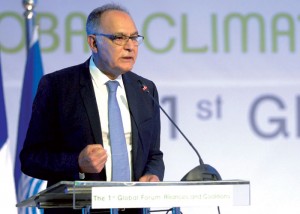Politico
By Anthony Adragna
With help from Alex Guillén
TAKING PARIS AGREEMENT FROM THEORY TO PRACTICE: Keeping nations like China and India from veering off course on their climate commitments and maintaining the breakneck pace that saw the Paris Agreement enter into force years ahead of schedule are among the main U.S. goals of a new round of international climate talks that kick off today in Morocco, Pro’s Eric Wolff reports.
A key measure of success for the United Nations talks will be whether the U.S. and other western nations can preserve the individually set goals created for Paris, and preventing the old two-track goal-setting for developed and developing countries from re-emerging.
Story Continued Below
“There are hints in some of the submissions from developing countries” that they would prefer a return to the more bifurcated system, Elliot Diringer, executive vice president for the Center for Climate and Energy Solutions, tells Eric. But Jonathan Pershing, the lead U.S. climate negotiator, said backsliding simply won’t fly. “We will not countenance any undermining of the basic principles that govern the agreement. In our view we have moved beyond a bifurcated world,” he said.
Major reduction plan expected: The U.S. will try to set an example for other countries by releasing a plan for dramatic, economy-wide carbon reductions by mid-century during the meetings, Pershing said at an October event. But negotiators’ main job will be turning the pledges of Paris into real commitments. The Marrakech talks, formally known as COP22, will mark the beginning of conversations on ensuring that countries can prove they’re reducing their emissions and that they have the capacity to meet their agreements.”Paris was the Super Bowl of COPs,” said Alex Hanafi, who will be in Morocco representing the Environmental Defense Fund. “This will be a more workmanlike COP.”








